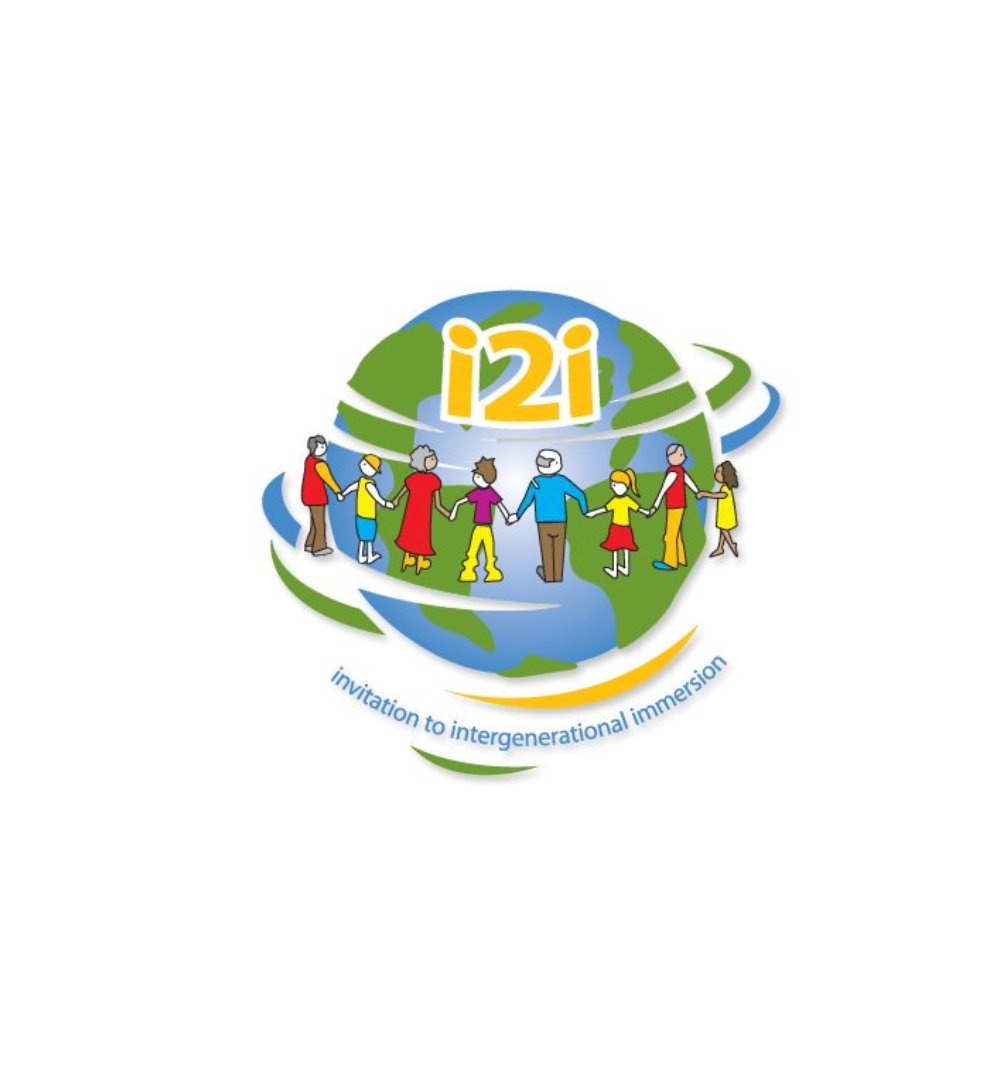Environment
Connecting
Seniors + ENVIRONMENT + Youth
Seniors and youth enrich environmental experience because together:
They have the time to enjoy the outdoors together.
They build observation skills through shared experience.
They improve lifestyles by involved, daily active living.
They share knowledge of plants, animals, patterns.
They express appreciation of aesthetics of planet earth.
They discuss food sources and food safety.
They discuss history of farming/ranching techniques.
They share empathy towards animals.
They celebrate their friendships through outdoor events.
They share understandings of other countries and climate.
How can INTERGENERATIONAL environmental education:
Add meaning to our lives?
Purposeful inter-connecting between generations through environmental experiences respectfully builds common ground through spending time outside sharing observations, walking, playing, gardening, eating, sharing stories, and combining environmental knowledge. All participants’ lives are enriched by rooting environmental issues in personally related histories. The i2i Intergenerational Society research shows that reflection, and openness to varying perspectives, develops in our future world citizens.
Social marginalization within all generations of society is our challenge in these days of diversification, world wide mobility, and increasing separation from our history rooted on planet Earth. The i2i Intergenerational Society is dedicated to bringing generations together within the context of the community in the spirit of respect, good will, and the continuum of environmental learning.
Contribute to Social Innovation?
Making dedicated and extended time for children, youth, and senior adults to purposefully share environmental experiences, currently is a minimally accessed initiative. This simple effort encouraged by i2i Intergenerational Society holds tremendous promise in disabling marginalization and loneliness through re-connecting individuals within the historical context of common ground. The Meadows School Project ™, an unique innovation that moves an elementary school classroom for two full school months into a senior care facility, facilitates meshing of the daily lives of the two generations through environmental experiences and discussions.
Influence More Public Policies?
By bringing senior adults, youth and children together, the i2i Intergenerational Society believes that the young will become more engaged making informed decisions in all aspects of environment. They will make decisions based not only on current information, but also with a fundamental understanding of past practices.
The boy heard an amazingly sad environmental story when befriended the elderly man with the contorted hands. As the man struggled to remove the lid from the orange juice to pour a drink for his wife, whose hands were equally twisted, the young boy asked, “What happened to your hands?” The man’s explanation fundamentally affected the boy’s attitude when he was told that the disablement was caused by inappropriate use of pesticides at the couple’s chicken farm. They mixed the chemicals into the chicken feed with their bare hands, as was the practice in those days.
Seniors relate personal histories that involve seeing the stars every night, taking food from primary sources, observing the weather, walking to school ten kilometers, the advent of pesticides, fossil fuel transportation, unregulated industrial practices, and the onset of many of the decisions that have led society to abuse our planet. Youth bring to their senior friends an awareness of space exploration, cyberspace, Facebook, and often reveal a disconnect from humankind’s primary connection to land, water, and air.
A great joy and appreciation is engendered when generations work together to create beauty and food through planting and harvesting activities. From the simplest of identification skills to weather folklore, seniors bring a wealth of local wisdom. The elder fishers’ recollections, farmers stories of clearing the land, tales of the green grocer and the butcher, the labour of grinding the grains for breads, and the sharing of food at pot lucks and lunch box socials, all of these become part of youth’s history through these stories.
